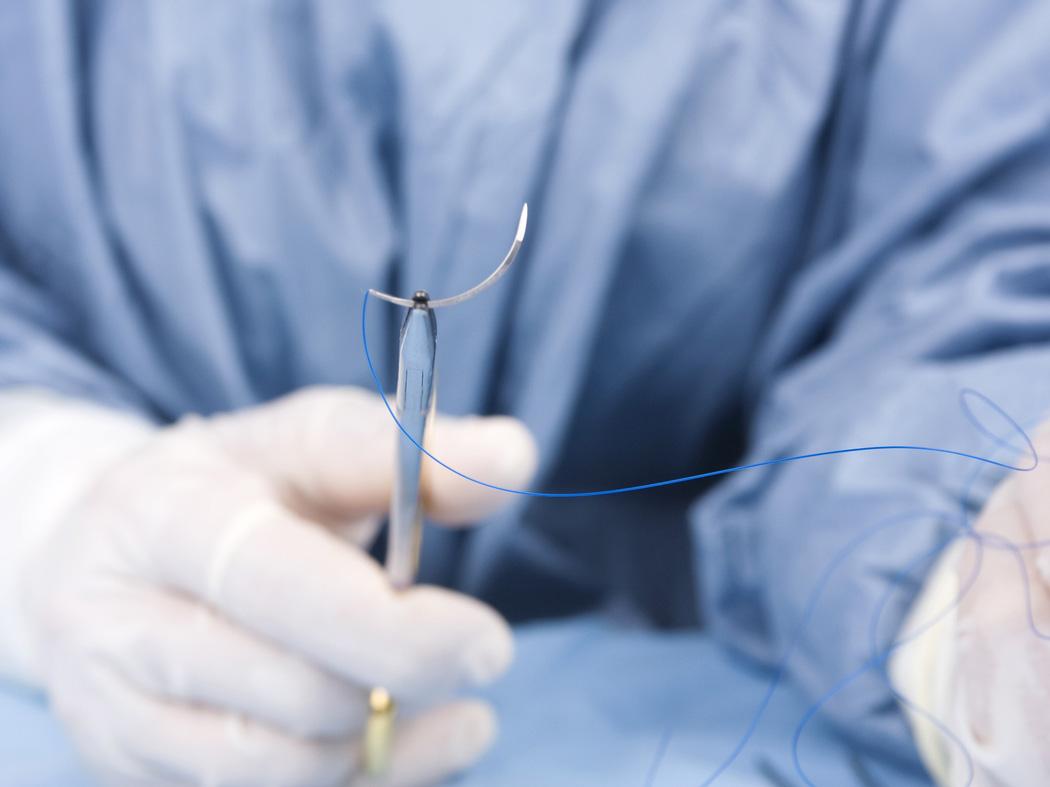Surgery students losing dexterity to sew due to smartphone usage
'A lot of things are reduced to swiping on a two-dimensional flat screen'

Your support helps us to tell the story
From reproductive rights to climate change to Big Tech, The Independent is on the ground when the story is developing. Whether it's investigating the financials of Elon Musk's pro-Trump PAC or producing our latest documentary, 'The A Word', which shines a light on the American women fighting for reproductive rights, we know how important it is to parse out the facts from the messaging.
At such a critical moment in US history, we need reporters on the ground. Your donation allows us to keep sending journalists to speak to both sides of the story.
The Independent is trusted by Americans across the entire political spectrum. And unlike many other quality news outlets, we choose not to lock Americans out of our reporting and analysis with paywalls. We believe quality journalism should be available to everyone, paid for by those who can afford it.
Your support makes all the difference.Surgery students spend so much time on screens that they have lost the ability to perform simple tasks such as stitching and sewing up patients, a professor has warned.
Roger Kneebone, a professor of surgical education at Imperial College, London, says the focus on academic knowledge has come at the expense of craftsmanship.
“It is important and an increasingly urgent issue,” Kneebone told the BBC.
“It is a concern of mine and my scientific colleagues that whereas in the past you could make the assumption that students would leave school able to do certain practical things - cutting things out, making things - that is no longer the case.”
The professor, who teaches surgery to medical students, believes that this is down to an increase in technology which takes away the experience of handling materials and developing skills.
”An obvious example is of a surgeon needing some dexterity and skill in sewing or stitching," he explained.
”A lot of things are reduced to swiping on a two-dimensional flat screen.”
Kneebone adds that a growing number of students are becoming “less competent and less confident” in using their hands, resulting in young professionals who “have very high exam grades but lack tactile general knowledge”.
The professor will be speaking on Tuesday at the V&A Museum of Childhood in east London, at the launch of a report, published by the Edge Foundation, calling for more creativity in the curriculum.
The report warns that entries to creative subjects have fallen by 20 per cent since 2010, including a 57 per cent fall in design and technology GCSE.
Tristram Hunt, director of the Victoria and Albert Museum, who will be speaking alongside Professor Kneebone added: “Creativity is not just for artists.
“Subjects like design and technology, music, art and drama are vitally important for children to develop imagination and resourcefulness, resilience, problem-solving, team-working and technical skills.
”These are the skills which will enable young people to navigate the changing workplace of the future and stay ahead of the robots, not exam grades."
Join our commenting forum
Join thought-provoking conversations, follow other Independent readers and see their replies
Comments